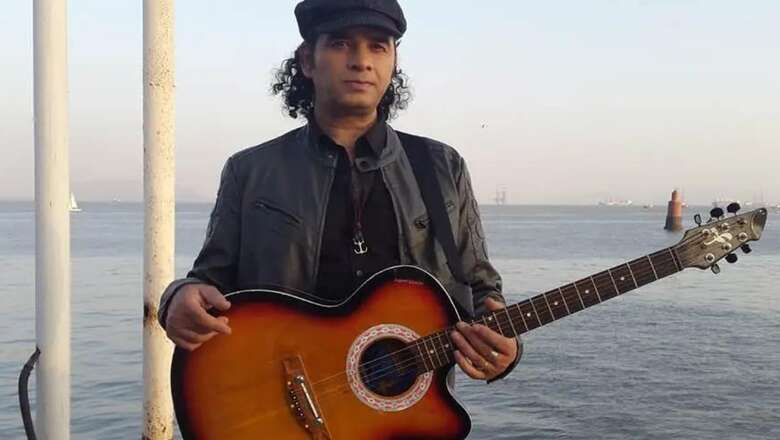
views
From ‘Dooba Dooba’ to ‘Nadaan Parindey,’ Mohit Chauhan has played an instrumental role in shaping core musical memories for an entire generation. He has tried and excelled in not just areas of his expertise but has always taken up challenges and aced them with the utmost finesse. Chauhan, through his music, has helped his fans and followers to learn, live and love in the best way possible.
In an exclusive conversation with News18, the ace singer spoke about his working experience with AR Rahman, Pritam, his career, the popularisation of folk music and much more.
Excerpts From The Interview-
As someone who has seen it from the inside do you think the Bollywood music scene has evolved and what more can they do?
One thing that is constant in everything around us is change. Hindi film music has also shifted quite a bit. From heavy melody-driven to more beat-oriented songs. Also, musical influences from different parts of our country are seen in mainstream Hindi film music these days.
How inclusive do you think the music scene in India is in today’s day and age?
Internet & social media have made it very easy for musicians of today to be heard by audiences across the world. That is truly a big advantage. It also kind of levels the field. A lot of new musicians and singers are getting opportunities which is good for music lovers and the business of music as well.
Your transition from the band Silk Route to a successful playback singing career has been remarkable. How did this shift impact your approach to music?
My approach to music is pretty much the same as it was when our band Silkroute released our first album ‘Boondein’ in 1998. To make quality meaningful music, music with a soul.
Are there any specific artists or genres that have significantly influenced your singing style over the years?
Many musicians and singers have influenced me since I was in school when started listening to music Kishore Kumar Ji our playback singer guru has been one of the major ones, apart from some great singer/songwriters of the West. Freddie Mercury of the band Queen was another one.
Throughout your career, you’ve sung in multiple languages. How do you adapt your vocal delivery and expression when singing in different languages?
Whichever language one is singing in, it’s the character of the song and the words that help you adapt, and render the song in the required way. All songs are an emotion. If you can bring that out into the tune then it can touch the listener in the right place.
Are there any songs in your discography that hold personal significance or carry special memories for you?
This year I completed 25 years in the music business as a singer and composer and I do have songs like ‘Dooba Dooba'( Boondein album), Masakali, and songs of ‘Rockstar movie that have been milestones in my journey. Dooba Dooba was my first ever release in 1998, Masakali got me my first Filmfare award& many other awards and Rockstar songs got me more of everything and has acquired a sort of cult status.
Can you share your experience working with AR Rahman on various projects? Are there any specific songs or projects with AR Rahman that hold a special place in your heart?
I first worked with Ar Rahman Saab long back for a song in ‘Rang de Basanti’..since then I have been singing for a lot of his films and to be honest each and every song of his has a special place in my heart, but I was very fortunate to have been part of ‘Rockstar. I sang about 13 songs in that movie. I am thankful to Rahman for helping me to break my own limitations as a singer and discover some new zones in my head.
Pritam is known for his diverse musical compositions. How has your collaboration with him shaped your versatility as a singer? Do you have a personal favourite among the songs that both of you have collaborated on?
My association with Pritam da started with ‘Tumse hi’ from Jab We Met..after that, I have done many many lovely songs for him, like Peeloon, Barfi etc but Tumse hi is still one of my hot favourites.
Both “Nadan Parindey” and “Kun Faya Kun” have a distinct musicality. Can you share insights into your creative process while working on these compositions?
Working on Rockstar songs was a great experience for me. One gets to learn a lot from Rahman Saab by just being around him when he is making the tunes come alive. All the songs of that film have a character of their own and working on each one of them was a treat. Songs like ‘Nadaan Parindey’ and ‘Kun Faya Kun’ took the album to another realm that was spiritually ethereal, and connected with audiences across the world and across all ages. These songs will stay in the listeners’ minds for eternity.
Are there any particular songs among your discography that you’d solely like to be remembered by?
Whenever I sing music for the public, there is always a demand for ‘Dooba Dooba’ and ‘Saada Haq’. ‘Dooba Dooba’ as you all know is from my first music album the ‘Silk Route’. It is very special to me but the love it has generated among the people is unbelievable. It has been 25 years and people still love it. Its shelf life has made it a Silver Jubilee. I think these two songs will live with me forever.
Talk to us about your association with the Kathakar International Storytellers Festival.
I am the Patron of the Kathakar International Storytellers festival. Through the festival, we are trying to revive the dying art of storytelling. Kathakar serves as a means to showcase Indian art culture, folklore and songs of India on an international platform. This is the 16th edition of the festival which was initiated in 2010 under the aegis of UNESCO. For the past 13 years, we have been organizing this festival and have showcased storytellers from Poland, the United Kingdom, the Caribbean, the USA, Hungary, Japan, Mongolia, France, Turkey, Sierra Leone, etc.
What is next for you in line?
I am coming up with my own compositions which will be out later this month. The teaser of the song Duur was released during the inauguration of the festival by Shri Kiren Rijiju ji, Shri A R Rahman, and Shri Saurabh Bharadwaj. It is an Indo-Mongolian collaboration which will showcase the music of two countries. More songs are in the pipeline and very soon you will be hearing them on a public platform. I look forward to your reviews on the same.
We are aware that you have been supporting the folk artists would you like to share the work?
Apart from organizing Kathakar, I have tried to help the folk artists, especially during COVID-19 when all the public functions were stopped. Many people from the villages approached me. I tried providing them with a stipend, ration, medical care and money to repair the instruments. Me and my team reached out to folk artists of Rajasthan and Himachal Pradesh.
You have brought about a paradigm change by bringing folk music into mainstream cinema. Can you please talk about it?
I belong to Himachal Pradesh and my music resonates of the culture of the hills. The song ‘Maye Ni Meriye’ and many other songs which are part of my unplugged sessions bring in the music from the Himalayas. It is sung by many others as a Cover. Bringing in the charm of the place where one belongs will help in retaining the local flavour and will add a note to the mainstream music industry which is dominated by Bollywood.










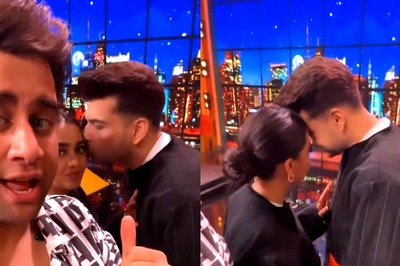




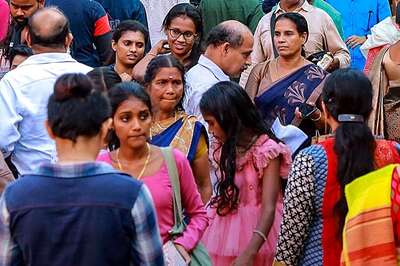
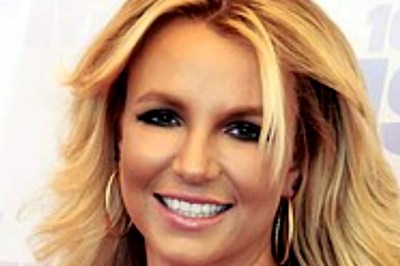
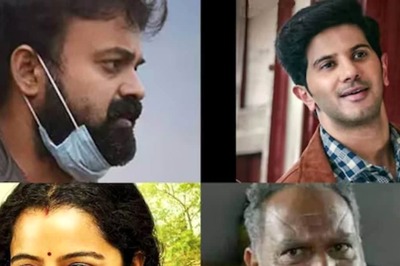
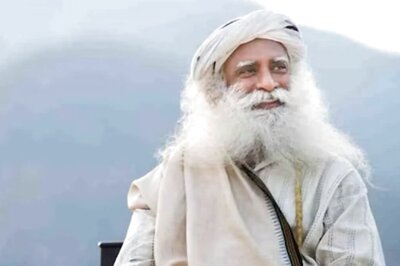
Comments
0 comment